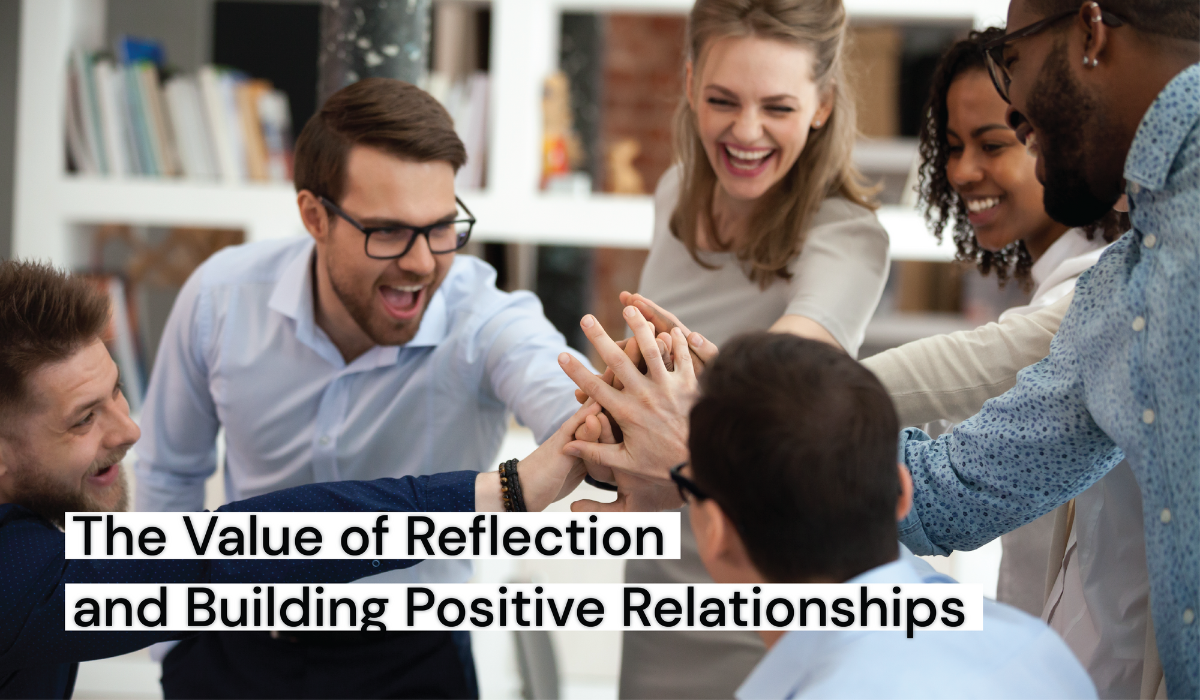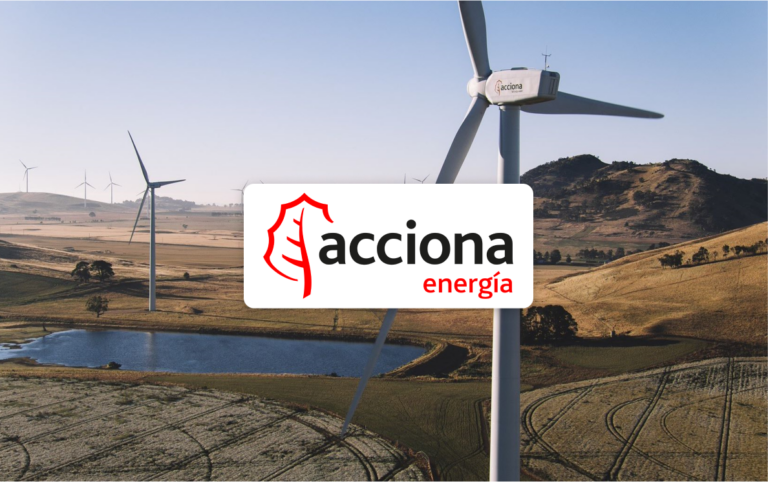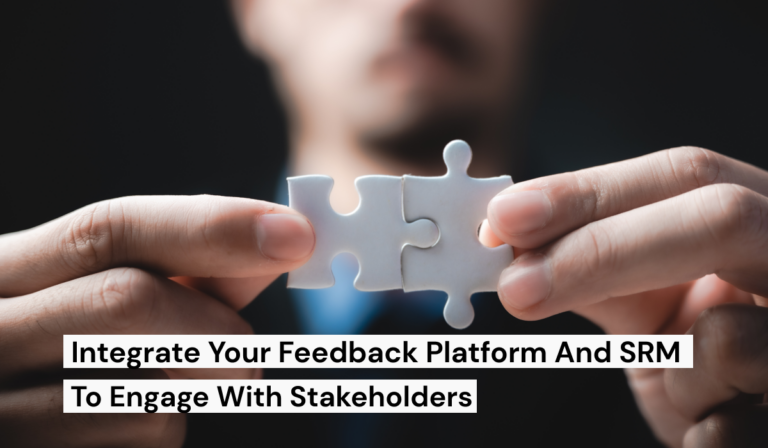Effective communication and building positive relationships stem from knowing when to listen, speak and act. However, to truly understand how to interact well, you may need to dig a little deeper. For example, you might begin by reflecting on your current stakeholder engagement efforts to see which areas need more room for improvement.
Can you think about the last time you conversed with a stakeholder? When they were speaking, what did you do? Were you able to take notes or present verbal cues such as nodding or hand gestures? Maybe you involved yourself in the conversation and asked questions.
These are all typical effective ways of showing you are listening, but the actual value of building positive relationships with stakeholders stems further than just being present in the conversation. The most important part is what you do after the conversation is over.

The Reflection Stage
According to HelpGuide.org, one essential skill for effective communication is by reflecting on being an engaged listener. “When you’re an engaged listener, not only will you better understand the other person, you’ll also make that person feel heard and understood, which can help build a stronger, deeper connection between you.”
At the core, effective communication is about taking the time to understand the conversation. What is the actual value of communicating with this person or stakeholder group? Did any underlying issues or concerns come up in the discussion? Were complications resolved, and how would you like to follow up on the conversation?
Whether it’s two minutes or ten, taking the time to reflect and report on the communication can identify any holes or ideas that need further clarification. Documenting your reflections in a safe place – like a data management system, also helps you keep all your information safe and secure. This way, if you need to clarify a past conversation, you can go back to the meeting notes. Reflection is a key to building positive relationships.
Set Real Expectations
We all have deadlines, and making time for reflection can be a big ask for many of us – but don’t let this stop you from putting aside some time. If we set up expectations to form positive relationships with stakeholders, we must live up to them. This is important because setting unrealistic timelines and being unreliable can result in disappointment and erode the trust from stakeholders.
Actions speak louder than words. You can set yourself goals. Consider spending a few minutes every day to reflect on your conversations. Jot down the vital information in your data-management system. This will help to create valuable connections and lead to increased loyalty.

How to reflect and build positive relationships
Here are some questions to consider and discuss to build positive relationships after talking to your key stakeholders.
- What was the goal or expectation of the conversation?
- Do you understand what your stakeholders want to gain from the conversation?
- How did the stakeholder respond throughout the conversation? Did they ask a lot of questions? Did they feel at ease, or did they seem distracted or unsure?
- Will there be any follow-up actions?
- Did you achieve the objective/s of the conversation?
What to do with the data
Reflecting on information and securing it in a stakeholder relationship management (SRM) system ensures consistency in your messaging. Next time you have a conversation with the same stakeholder, you can read the notes and see any actionable tasks that need completing. Similarly, you can use data management to clarify potential misinformation and create stakeholder reports.
In addition, implementing an SRM system allows you to efficiently capture your previous interactions with key stakeholders and gather up-to-date information for your organisation’s needs. With your data centralised in a single location, it will not only enhance time management, but enable you to identify the most effective way to engage with your stakeholders.
Take the time to reflect
Effective reflection on conversations with stakeholders can create more positive and strong relationships. To successfully reflect, think about your goals, expectations and how much time you need to achieve them. Use your data management system to monitor, track and keep a record of your conversations.
This article was originally published in 2017.



